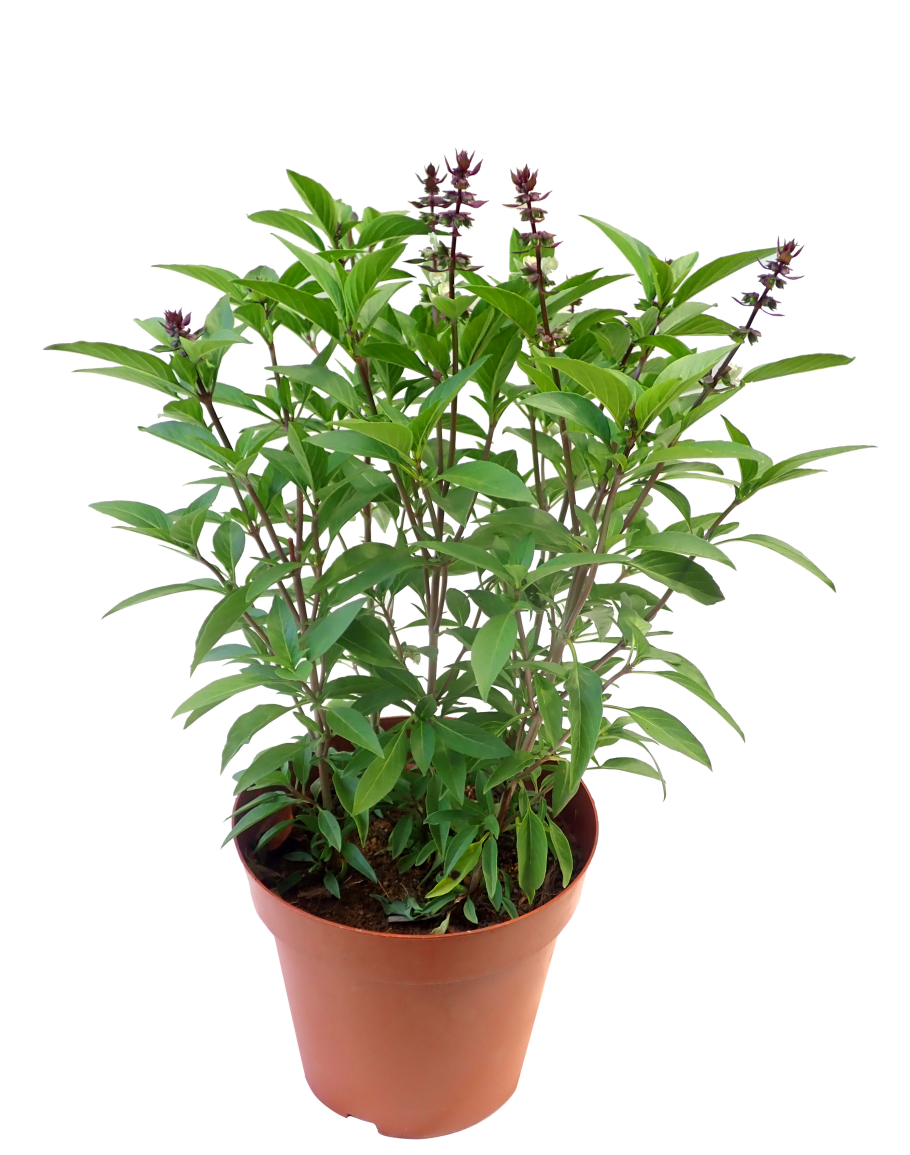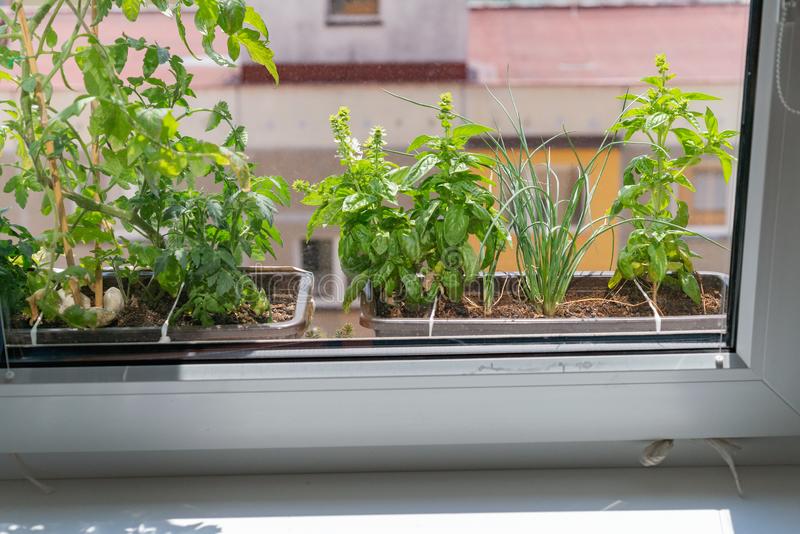
Planning your herb garden is important. It is essential to find the most sunny spot. It takes about four hours for herbs to get sunlight, preferably in the afternoon. You can also grow them in pots and hanging baskets. To prevent root rot, choose nutrient-rich pot soil. This is because herbs thrive in bright indirect light and are more likely to grow. These are some tips to help you care for your indoor herb garden.
Parsley is a versatile herb that can be used indoors. Parsley has plenty of nutrition, including vitamin C, calcium, iron, and fiber. It is also one the most nutritious herbs you could grow indoors. Parsley leaves are great for cooking and can be added to many dishes. Parsley plants do well in deep pots, and should receive plenty of sunlight to thrive.

Thyme - Another easy herb to grow indoors is thyme. This perennial herb can grow under grow lights and doesn't require much care - just water it when the surface of the soil becomes dry. Thyme resembles an ordinary houseplant but can enhance the flavor of any dish. For a plant that grows continuously, thyme can be divided once every three years. After harvesting, thyme should be ready to use!
Oregano – Another favorite indoor herb, oregano can also be grown indoors. It is also drought-resistant. This herb is commonly used in Mediterranean and Italian cuisine and pairs well with tomato-based dishes. Its strong flavor makes it a great choice for an indoor herb garden. It will require regular replanting every two to three years and requires a bright, warm location. The best results are achieved by placing it near a sunny spot and a window.
If the weather is favorable, herbs can be grown indoors. They will thrive in warm temperatures without freezing. You must make sure to keep the soil moist and provide regular water. You can make your home more beautiful by planting an indoor herb garden. With proper planning, you can grow herbs year-round. It will give you fresh, delicious, nutritious foods.

Chervil - A fancy French herb that requires less sunlight and does well in cooler temperatures, chervil can be grown indoors. It's best to grow it from seed. You need a pot with at least 12" diameter and 18" height. Chervil should be grown in a moist, well-drained pot with six to eight inches of soil around the top. Chervil requires regular watering for establishment and three weeks to mature properly before it is ready to use.
FAQ
What is the first thing to do when starting a garden?
The first step to starting a garden is to prepare it. This includes adding organic matter such as composted manure, grass clippings, leaves, straw, etc., which helps provide plant nutrients. Next, plant the seeds or seedlings in the holes. Then, water well.
Which month is the best to start a vegetable gardening?
From April to June is the best season for vegetables. This is when the soil gets warmest, and plants tend to grow quickly. You might want to wait until July/August if you live in a cold area.
How often do I need to water my indoor plants?
Watering indoor plants should be done every two days. You can maintain humidity in the house by watering. Healthy plants require humidity.
Statistics
- It will likely be ready if a seedling has between 3 and 4 true leaves. (gilmour.com)
- According to a survey from the National Gardening Association, upward of 18 million novice gardeners have picked up a shovel since 2020. (wsj.com)
- Most tomatoes and peppers will take 6-8 weeks to reach transplant size so plan according to your climate! - ufseeds.com
- Today, 80 percent of all corn grown in North America is from GMO seed that is planted and sprayed with Roundup. - parkseed.com
External Links
How To
How do I keep weeds from my vegetable garden?
Weeds are one of the biggest threats to growing healthy vegetables. They are a threat to water, nutrients and sunlight as well as for space. These are some tips to prevent them from taking control of your garden.
-
All plants should be removed when they are in flower
-
Clean up any plant debris at the base
-
Mulch can be used
-
Regular water intake
-
Rotate crops
-
Don't allow the grass to grow too long
-
Keep soil moist
-
Plant early
-
Harvest often
-
Add compost
-
Avoid chemical pesticides
-
Grow organic vegetables
-
Heirloom Seeds Available
-
Start small
-
Learn more about companion planting
-
Be patient
-
Enjoy gardening!